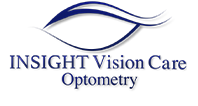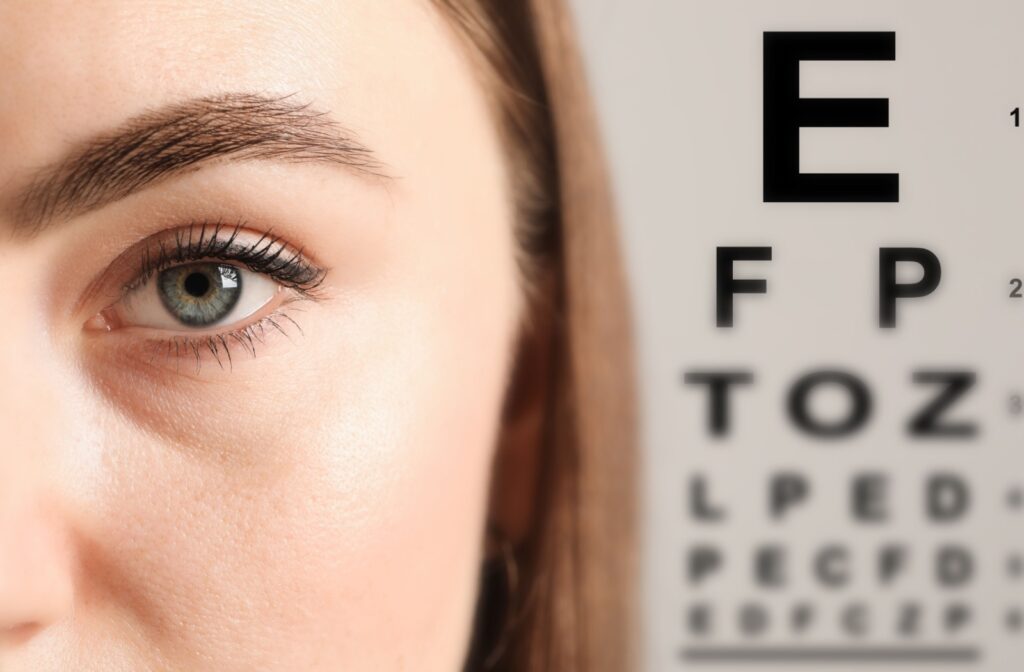Your eyes do so much for you every single day—from navigating your morning commute to enjoying movies with loved ones. But when it’s time to care for them, taking time out of your schedule might feel like a big commitment. But, it’s less than you think. An eye exam typically takes between 30 minutes to an hour, depending on the type of tests involved and individual needs.
A comprehensive eye exam does more than check your vision. It’s a step to safeguard your long-term eye health. Everything starts with healthy vision, so you can be sure the time with us is time well spent.
Average Duration of an Eye Exam
On average, most eye exams last 30 minutes to an hour. This estimate covers the basics of most eye exams, but some factors, such as specific tests or your personal needs, can lengthen your time with your optometrist.
No matter your age or where you’re at in life, a routine eye exam is about more than finding out whether you need glasses. Comprehensive exams go beyond just vision correction to help detect early signs of eye conditions like glaucoma, cataracts, or even systemic health issues like diabetes.
Think of the time spent during your exam as an investment in maintaining healthy eyesight and peace of mind.
What to Expect During an Eye Exam
Here’s a breakdown of the steps typically involved in a comprehensive eye exam:
Patient History Review
Your optometrist may begin with an overview of your overall health and eye health history. This step helps us know about any current concerns, past conditions, medications, or family health history.
If you’ve been going to the same optometrist for a long time, they may already know all this information, but you can help by giving an update on any changes you’ve noticed.
Preliminary Tests
Once we have an idea of your medical history, next comes a set of preliminary tests designed to give a big-picture understanding of your eye function. These may include:
- Binocular vision testing
- Checking your pupils’ response to light
- Testing your depth perception
These tests typically take 5–10 minutes and act as the foundation for the rest of your eye exam.
The Comprehensive Eye Examination
At the heart of your visit, the comprehensive exam focuses on assessing your vision and eye health in depth. This may include:
- Visual acuity tests to see how well you can read letters or symbols from a distance.
- Refraction testing to determine the exact prescription for your lenses.
- Eye health assessment, where your optometrist examines the back of your eye (the retina) and the optic nerve using specialized tools.
This portion covers the core purpose of your eye exam and takes up the most time in your exam.

Additional Tests
Some exams may involve specialized tests, which can extend the time slightly. These might include:
- Glaucoma testing to measure pressure within the eye.
- Retinal imaging to capture a detailed photo of your retina, helping your optometrist monitor long-term changes.
Your optometrist will recommend these tests based on your unique eye health and may make your exam take longer.
Why Do Some Eye Exams Take Longer?
Sometimes a person needs a specialized exam to directly address their vision needs. These exams may require more involved testing or simply more tests in general. Here are some other types of exams that may add a couple of minutes to your appointment:
Children’s Eye Exams
Children’s eye exams often require more time and care. They may involve additional tests to assess how their eyes are adapting as they grow. Because children’s visual systems are still developing, regular exams are essential for diagnosing and treating problems early. Many issues, such as myopia (nearsightedness), first appear in children.
Plus, keeping a child comfortable and at ease often takes a more personalized approach. Some children have trouble communicating vision difficulties, but don’t worry—we’re here to guide you every step of the way.
Senior Eye Exams
For older adults, age-related conditions like macular degeneration or cataracts might need extra attention. Optometrists may take additional time evaluating eye health and discussing concerns specific to maintaining vision in later years.
Contact Lens Exams
If you’re being fitted for contact lenses, your appointment will likely run longer. Your optometrist needs time to measure the shape of your eye, assess tear production, and teach you how to insert and care for your lenses.
Diabetic Eye Exams
A diabetic eye exam is a specialized evaluation designed to detect and prevent vision problems associated with diabetes. Diabetes can affect the tiny blood vessels in your eyes and cause complications like:
- Diabetic retinopathy
- Blurry vision
- Diabetic macular edema
- Glaucoma
- Cataracts
During the exam, your optometrist will carefully check for changes in your blood vessels, the retina, and other parts of the eye. Detecting problems early can prevent serious complications and help you maintain clear, healthy eyesight.
Make Every Minute Count with Your Eye Health
Whether it’s 30 minutes or an hour, the time you spend with an optometrist helps your eyes stay healthy and clear for years to come.
If you’re not sure where to start, book your eye exam today with Insight Vision Care Optometry. Our friendly and expert team is here to provide the care your eyes deserve. Every test, every conversation, every moment is personalized to help you see and live better.
Take the first step to better eye health today! Schedule your appointment now!



